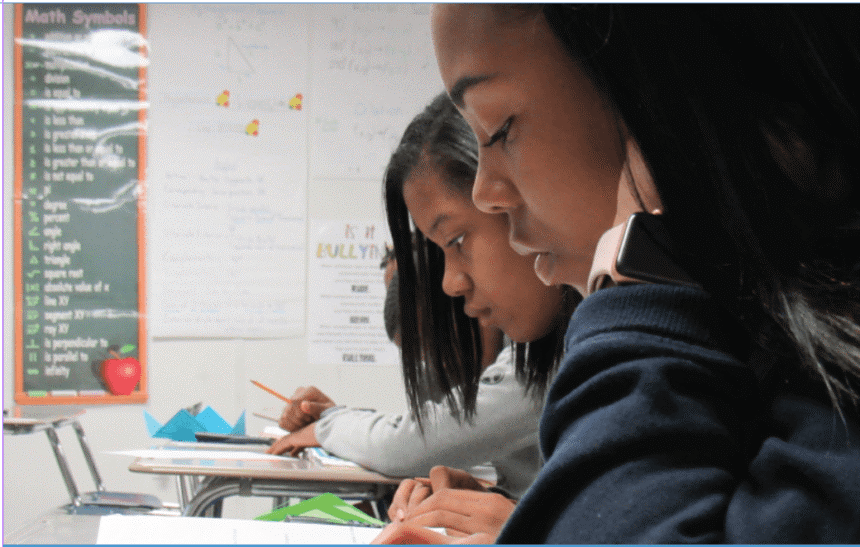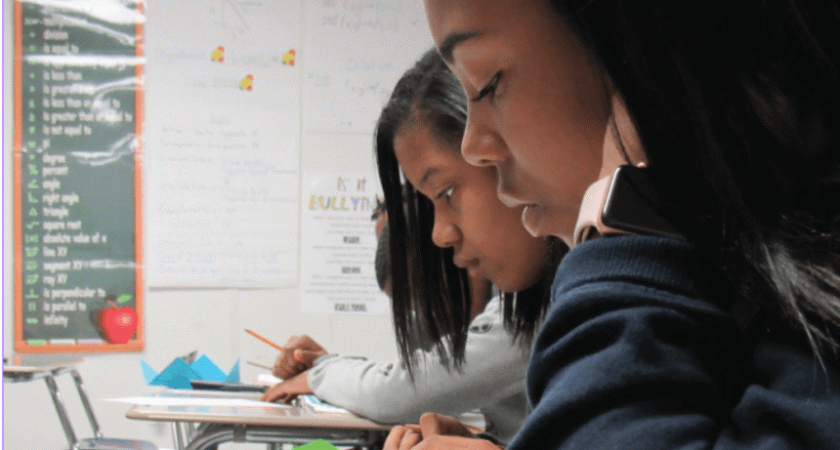MARCH 10, 2021

By MATT SMITH, A+ Education Partnership
As a former high school teacher, middle school principal, and central office administrator in several different school districts, I have seen firsthand how federal, state, and local policy decisions reverberate through our schools and have incredible impact on the job we do every day. And in the wake of the COVID-19 pandemic, these decisions have never been felt more immediately, nor have they been so important.
Nearly $1 billion dollars of federal stimulus funding has already been allocated to Alabama schools, and Congress just passed a new recovery act yesterday that will more than double that amount. Investing these funds wisely will begin to solve the challenge of unfinished learning in the short-term. Additionally, it is critical that we balance these one-time federal dollars with ongoing state investments in programs that work. Here are a few areas we must consider:
Combating Unfinished Learning Through Summer & Afterschool
Recent estimates by Mckinsey & Company suggest that students could on average lose 5-9 months of learning by the end of this school year. Even more alarming, students of color and students in poverty could fall 6-12 months behind. Significant investment will be required to curb this loss, and this challenge cannot be solved during the school day alone.
Governor Ivey highlighted this need in her State of the State Address, calling for the expansion of high-quality, community-based summer and afterschool programs. A+ Education Partnership recently proposed a new statewide grant program that would fund partnerships between local school districts and community-based organizations to expand access to these critical programs. You can read the proposal here.
The research is clear. Children that regularly attend high-quality out-of-school-time programs have improved academic and career outcomes, school attendance, and mental health. To accelerate student learning, particularly for our most vulnerable students, investing in these programs is vital.
Continue Investing in Early Literacy
Unfinished learning only exacerbates long-standing issues of educational inequity in our state. According to the American Educational Research Association, a student who can’t read on grade level by 3rd grade is 4 times less likely to graduate high school. Add poverty to the mix, and a student is 13 times less likely to graduate than their wealthier peers. By contrast, 96% of 3rd graders who are reading on grade level will graduate from high school.
The Alabama Literacy Act, passed in 2019, launched one of the largest state investments in early literacy in Alabama history. These investments are targeted to directly support schools as they support their students and have already been making an impact. Over 12,000 educators have been trained or are currently being trained in the science of reading, 54 new regional literacy specialists have been hired to support our highest needs schools, and new screeners and interventions have been deployed to identify and support struggling readers.
This is important momentum to build on in the coming year as we work to continuously improve the implementation. Now is the time to commit to early literacy and continue increasing investments to ensure students and teachers have the support they need.
Other Important Investments:
Investments in the following areas also provide an evidence-based path forward:
- Expand access to high-speed broadband internet for all students
- Invest in high-quality professional development for teachers
- Expand access to high-quality, high-dosage tutoring
- Invest in math coaches to support student achievement in math
- Continue expanding Alabama’s First Class Pre-K Program
There has never been a more important moment to commit to sound, evidence-based education policy efforts and investments. Public education is at an inflection point. The decisions we make today can close educational and equity gaps within our state. Now is the time to act.
Dr. Matt L. Smith is a dedicated, K-12 public educator and the Vice President of Policy for A+ Education Partnership
A+ Education Partnership drives improvements in public education for every Alabama student. We set and deliver high expectations by advocating for policies, practices, and investments that advance learning, and by partnering with schools to build the capacity of teachers and leaders.

